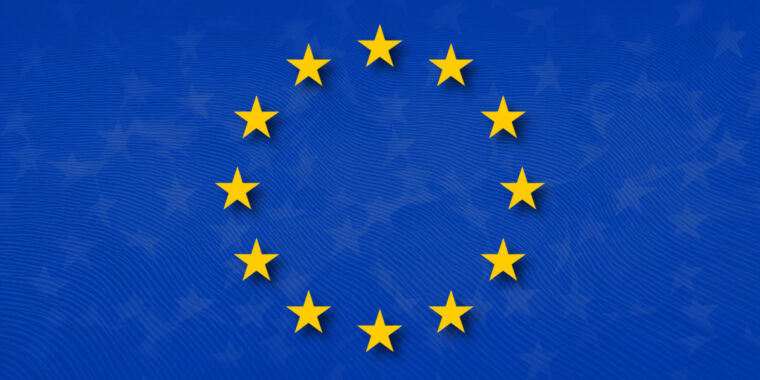Great news, but it’s only a first step. European political system is quite complex. Correct me if I’m wrong but the law has only been voted by the European Parliament, and now it has to be ratified by each country.
Personnal opinion: I don’t see the french government ratifying a text which would limits their authoritarian drift.
It can indeed be complex. It depends on what type of law it is, in this case it’s a regulation so there is no need for countries to ratify it:
Regulations
Regulations are legal acts that apply automatically and uniformly to all EU countries as soon as they enter into force, without needing to be transposed into national law. They are binding in their entirety on all EU countries.
https://commission.europa.eu/law/law-making-process/types-eu-law_en
Oh ! Thank you, I didn’t realized there was so many kind of laws !
Here’s the procedure, and we’re at the first reading (page a bit out of date), parliament saying “yep, the draft the commission gave us looks good”.
It’s already been through a gazillion committees and the council isn’t likely to oppose it as it’s not a parliament vs. council issue. Any objections the members states have have already been rolled up into the text e.g. looser rules for military use. Member states don’t mind if companies need to play by tight rules, there were never disagreements about that.
And if it opposes, well, that’s what the other readings are for. But the thing has been in the pipeline for two years, as said, people already negotiated it. Also: The council will vote by qualified majority, there’s no veto.


